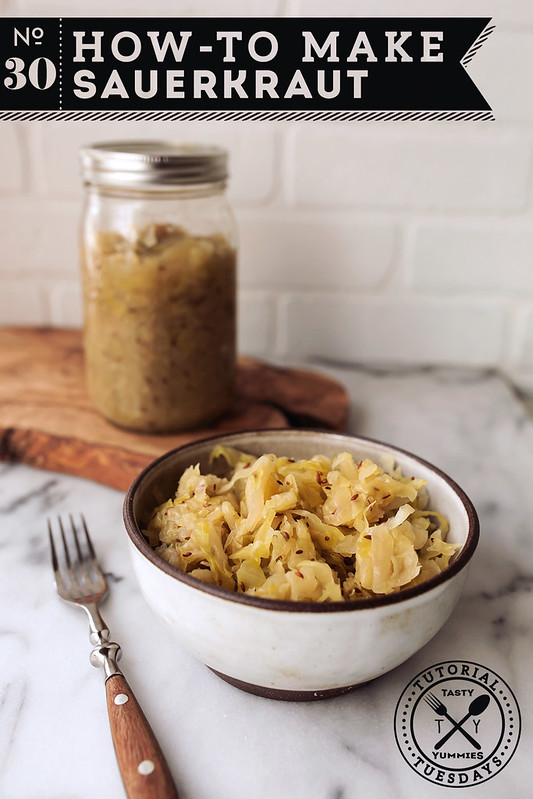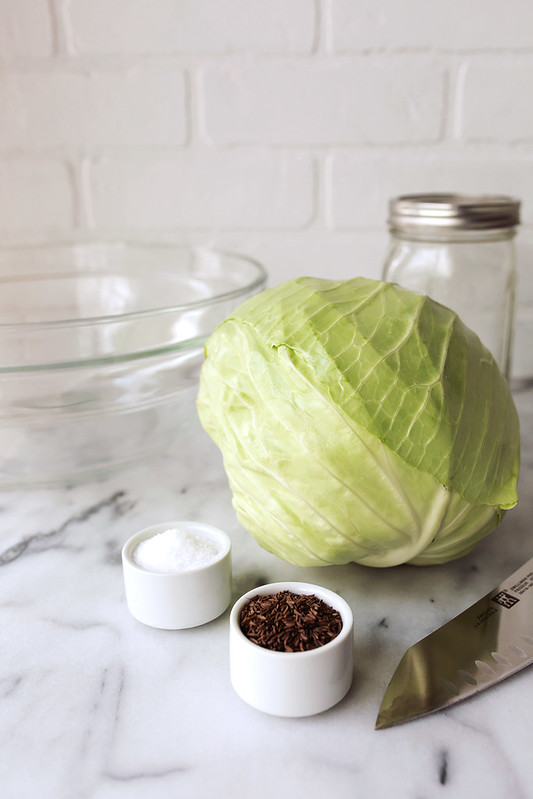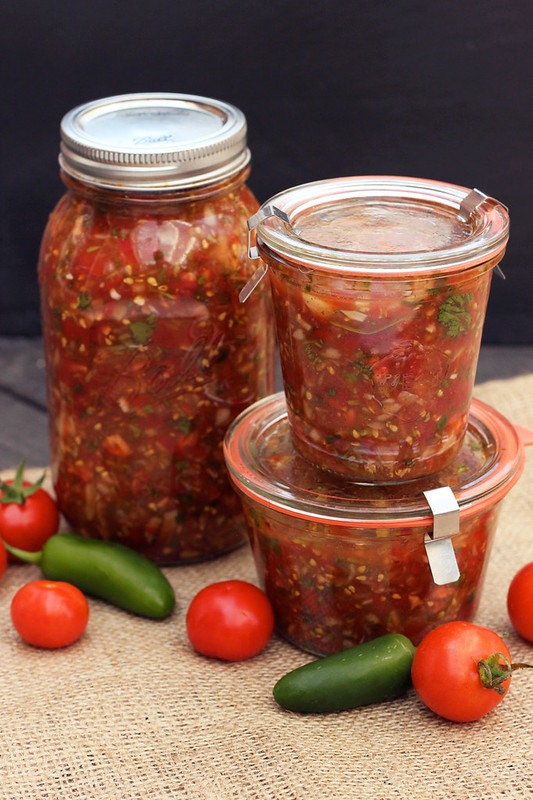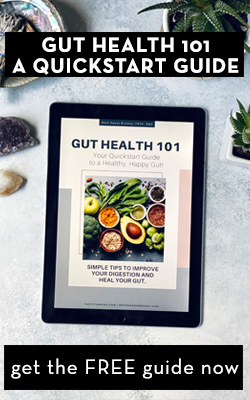-
How-to Make Sauerkraut {+ Video}
Sauerkraut and all it’s live culture, raw, funky smelling goodness, it’s been a favorite of mine for sometime. But, it wasn’t until this past year, while taking on the arduous task of healing my gut, that I have truly learned to love and appreciate this stuff for all of it’s magical healing qualities. I have shared this simple tutorial at workshops, including retreats I have hosted and cooking demos. It’s a very simple process, a food that has been around for thousands of years that produces incredible, tasty and healing results. While not very cumbersome at all, sauerkraut is a timely process, but I can tell you that patience is very much a virtue in this game. It’s worth the wait. For those new to sauerkraut, I do recommend starting out consuming a very small amount, a tablespoon or two, used as a condiment of sorts. As with any fermented or probiotic rich food, too much too soon, even when it’s good bacteria, can have some gnarly affects on your gut. More isn’t always better. Take it slow.
This tutorial offers the step by steps on making small batch sauerkraut, in a glass mason jar. To make a larger batch in a fermentation crock, you can just double or triple the recipe, as necessary.
All You Need:
1 or 2 quart wide mouth glass canning jar or 3 pint size glass jars, with tight fitting lid(s)
1 medium head organic cabbage
1 tablespoon sea salt
additional spices, vegetables or fruit you wish to add
glass mixing bowl
sharp knife and cutting board (or food processor with shredding plate)
HOW IT WORKS:Letting the cabbage ferment at room temperature invites beneficial bacteria to grow via lacto-fermentation. These microorganisms feed on sugars in the vegetables and raise levels of lactic acid, giving fermented foods their tang while also preserving them. Most commercial sauerkraut is required by the FDA to be pasteurized—which effectively destroys all the bacteria in it, including the beneficial bacteria— so making your own sauerkraut at home is definitely a better choice to improve your digestive health.
-
Fermented Salsa – Gluten-free, Vegan
First off, I know for many of you, your very first question will likely be “Why?” Why would you ferment salsa? Well, I suppose that could be asked about many things. Why ferment? Admittedly, fermentation and cultured foods is something I am newly interested in and I am still learning a lot about. So, I will just share some of what I have learned about why fermented foods are so good for us.
There is so much more to having a balanced and happy gut than we realize. It is now estimated that over 500 species of bacteria are present in our intestinal track with reports of 50 – 75% of our immune system activity residing there. In our modern world filled with antibiotic drugs, chlorinated water, antibacterial soap and pasteurized foods, we are killing off all of the good bacteria we need to maintain good health and digestion. If we don’t actively replenish this good bacteria that we need, we won’t get the proper nutrients out of the foods we are eating.
Why Ferment?
There are so many healthy enzymes that flourish and live cultures that are created when vegetables are fermented, creating an environment full of probiotics, enzymes and minerals which are important in maintaining healthy digestion and a healthy body. These live cultures, usually bacteria or yeast, that fermented foods contain, help balance the microflora are a little city of tiny organisms in our large intestine that, when working well, help digest fiber, protect us from things we’d rather not absorb like carcinogens, and keep the bowel healthy.
The probiotic good bacteria and enzymes in fermented foods help to populate our gut and intestines with Lactobacilli which are really important for healthy digestion. They also help to eliminate toxins from our body, so eating them will allow your intestines to detox, which is a really good thing! All of this beneficial bacteria (or probiotics) have also been shown to help slow or reverse some diseases, improve bowel health, aid digestion, and improve immunity! I am a huge proponent of taking a daily probiotic, which has changed the way my gut feels on a daily basis.









